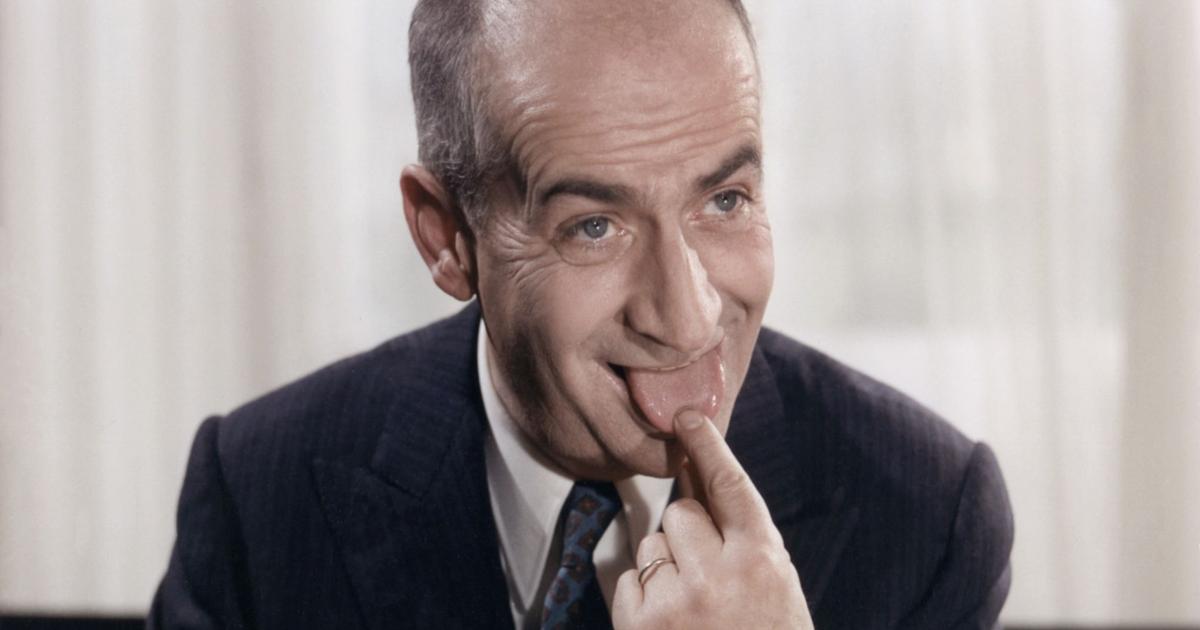At the first doubt on the validity of the expression "if one could
say
", the Bescherelle informs us.
The conjugation of the verb "to be able" does not in fact indicate any appearance of the verb in the form "
well
".
It is of course the form “he/she/one
can
” which is correct.
From then on, the “if one could say” form
turns
out to be totally false… but why does the doubt continue to persist?
To discover
Find all the results of the legislative elections
Read also
Do you speak academic French?
In its section "
Say, do not say
", the French Academy informs us.
She tells us that the expression “il
puit
” is an incorrect form from Old French.
Indeed, formerly the canonical form of the 3rd person singular of the verb “to be able” was “il puet”.
In writing as well as orally, it was therefore “he/she
stinks
” who dominated.
But at that time the spelling was fluctuating, it happened to find “il
puit
” in certain texts.
As the Academy points out, this form can be found in a writing from medieval times, The Seven
Deadly
Sins
:
» (“The one who cannot help himself, it seems to me that we must help him”).
However, this form was confusing.
Indeed, “il
puit
” was also the canonical form of the 3rd person singular of the verb “
puir
” (in modern French, “to
puer
”).
As the Academy points out, it can be read in a text from the same period: "
Car il
puit
plus vilaynement que un fumers pourriz tout plain de fiens
" (which means, "because he stinks dirtier than a rotten manure full of droppings”).
It's hard to tell the difference between the two verbs.
Finally, between the forms “il
puet
” and “il
puit
”, it is the first which has become enduring as the form of the conjugation of the verb “pouvoir”.
"I can't
help
but" and "he ca
n't help
but"
Thus, from “he
can
” to “he
can
” via “he
can
”, only the form “he
can
” is correct today.
If the doubt around this conjugation persists nowadays, it is probably due to a confusion between two expressions: "he can't take it anymore" and "I can't take it anymore".
The latter is the conjugated form of "can't be able to but", an expression fallen into disuse which meant "can't be able to do more".
The adverb "but" once meant "more, more" before it was used to bring about opposition.
Read also
“Yawn”, “yawn” or “bayer”: do not make the mistake anymore!
As the Academy reminds us, we find this incorrect form, "it can't
hold
any more", in an article in
Le Figaro littéraire
signed by Claudel, who wrote in 1953: "
Faced with the hurricane, I still lacked the horror and the joy under my feet of this rotten boat which no longer sinks and which creaks and collapses
”.
Even the greatest writers have fallen into the trap.
There is only one step from "it could not be
any
more" to "if one could
say
" and the (too) frequent use of "if one could
say
" would come from the alloy incorrect of these different expressions.









